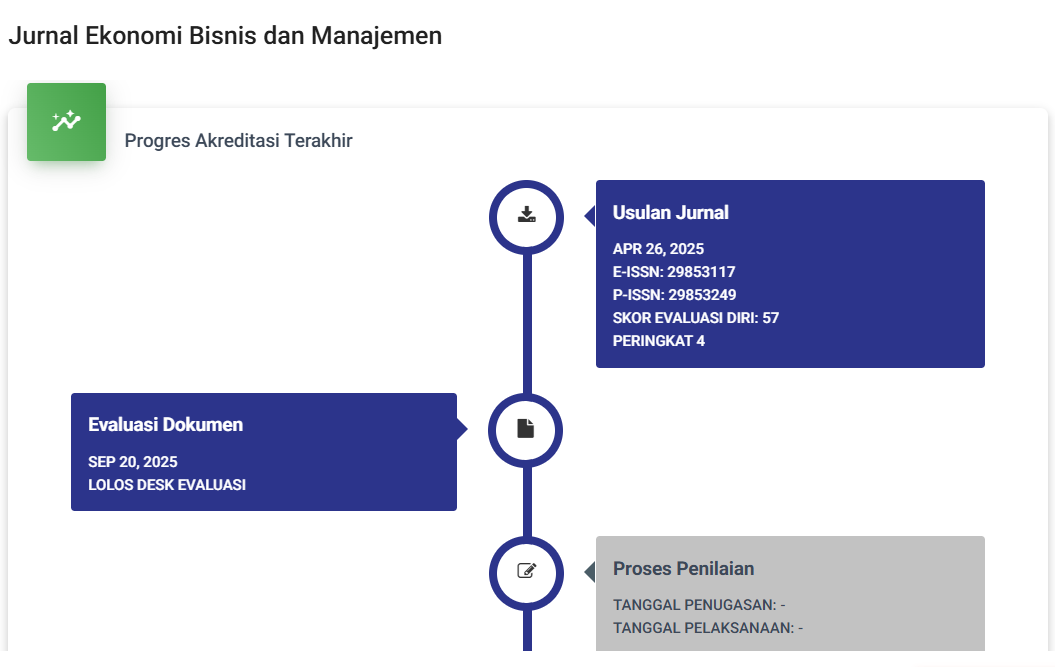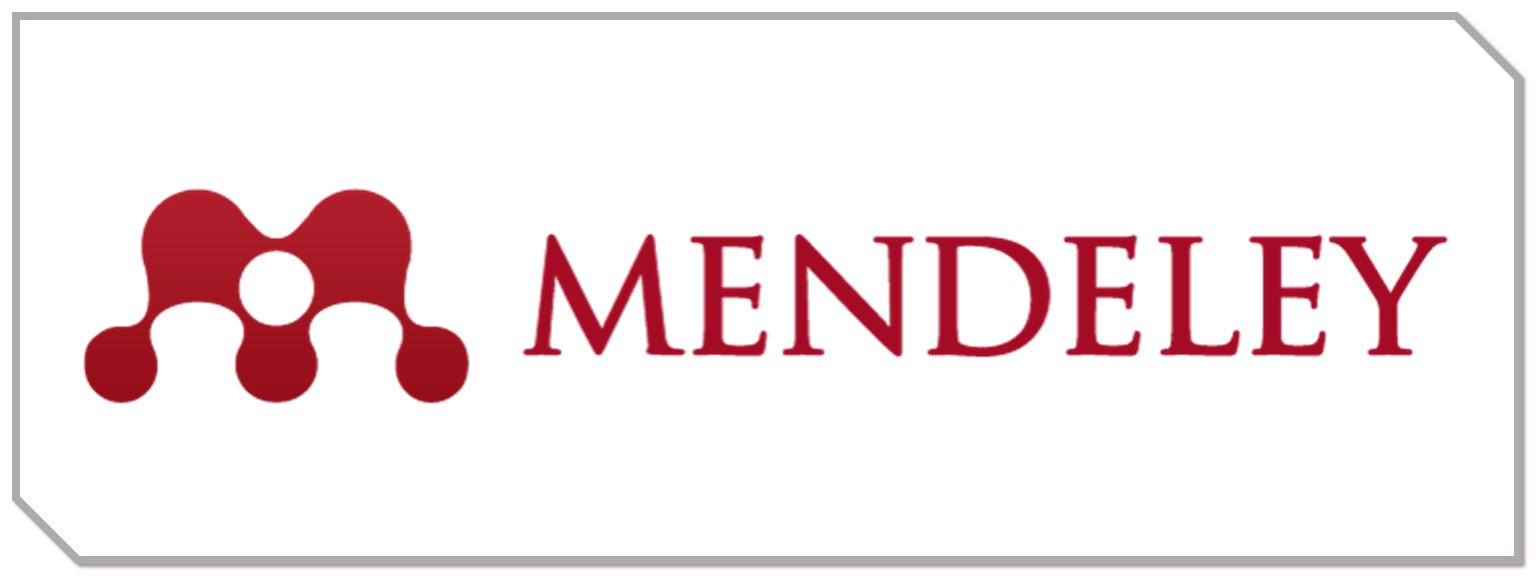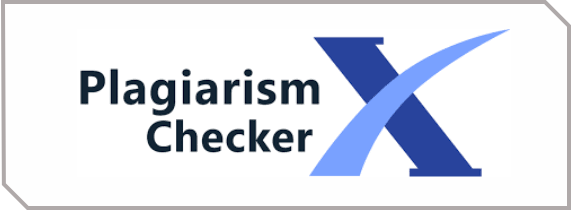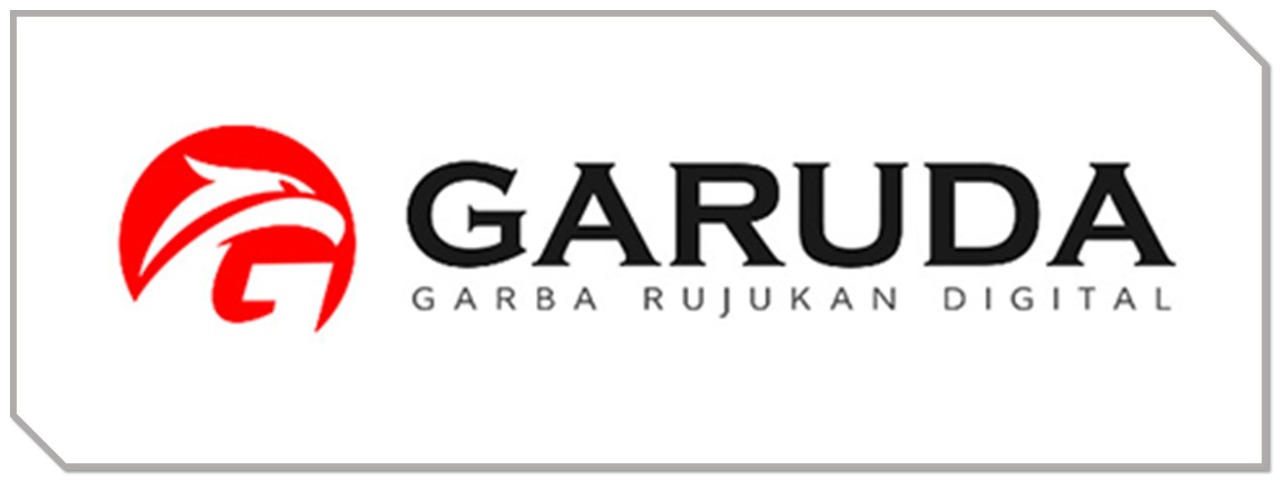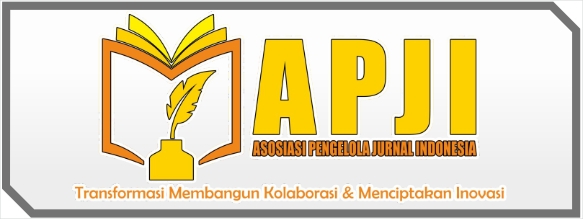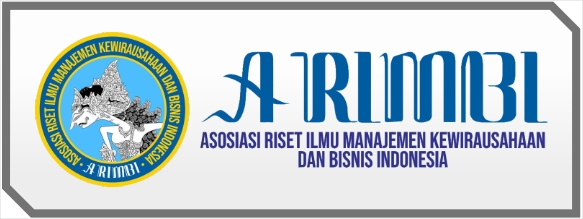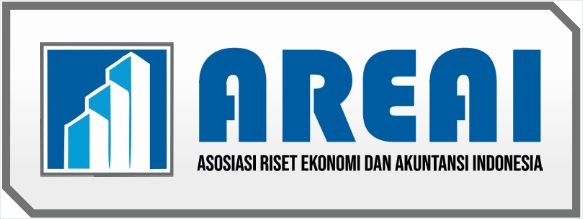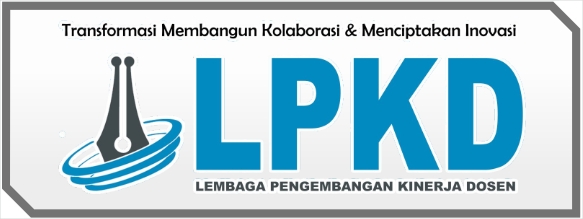Pengaruh Kepemilikan Institusional, Capital Intensity, Inventory Intensity, Dan Profitabilitas Terhadap Tax Avoidance
DOI:
https://doi.org/10.59024/jise.v2i4.955Abstract
This study aims to analyze the effect of institutional ownership, capital intensity, inventory intensity, and profitability on tax avoidance in manufacturing companies listed on the Indonesia Stock Exchange (IDX) from 2019 to 2023. This research is quantitative study. The population of this study consists of all manufacturing companies listed on the IDX during the period 2019-2023. The sampling technique used is purposive sampling. Based on the established criteria, there are 47 companies that meet the criteria, resulting in 235 data points that constitute the sample in this study. The data source is obtained from the BEI website and the related company website. Data was processed using SPSS version 29 and analyzed using a multiple regression model to test the influence of each variable on tax avoidance. The research results show that simultaneously, institutional ownership, capital intensity, inventory intensity, and profitability affect tax avoidance. Partially, institutional ownership, capital intensity, and inventory intensity have a positive effect on tax avoidance, while profitability does not affect tax avoidance
References
Anindyka, D., Pratomo, D., dan Kurnia, K. (2018). Pengaruh Leverage (Dar), Capital Intensity Dan Inventory Intensity Terhadap Tax Avoidance (Studi Pada Perusahaan Makanan Dan Minuan Di Bursa Efek Indonesia (Bei) Tahun 2011-2015). eProceedings of Management, 5(1).
Dewi, s. L., dan oktaviani, r. M. (2021). Pengaruh leverage, capital intensity, komisaris independen dan kepemilikan institusional terhadap tax avoidance. Akurasi: Jurnal studi akuntansi dan keuangan, 4(2), 179–194. Https://doi.org/10.29303/akurasi.v4i2.122.
Ghozali, Imam. (2018). Aplikasi Analisis Multivariate dengan Program IBM SPSS 25. Edisi 9. Semarang:Universitas Diponegoro.
Iqbal, Anindya, D. A., dan Pane, A. A. (2022). Pengaruh Capital Intensity,Sales Growth, Kepemilikan Institusional Terhadap Tax Avoidance Pada Perusahaan Manufaktur Yang Terdaftar Pada Bursa Efek Indonesia Periode 2016 – 2019. Jurnal Ilmiah Akuntansi Keuangan dan Bisnis (JIKABI), 1(1), 80–94. https://doi.org/10.31289/jbi.v1i1.1063.
Kusumastuti, D. (2023). Pengaruh Capital Intensity, Inventory Intensity, Return On Assets (ROA) terhadap Tax Avoidance (Studi Empiris Perusahaan Tambang yang Terdaftar di Bursa Efek Indonesia (BEI) Tahun 2018-2021). Global Accounting: Jurnal Akuntansi, 2(2), 1–9.
Safitri, d., dan rizal, a. S. (2023). Pengaruh deferred tax expense, capital intensity, kepemilikan institusional terhadap tax avoidance. Jurnal bisnis dan akuntansi unsurya, 8(2), 78–92.
Sari, K. R., Iswanaji, C., dan Nugraheni, A. P. (2023). Pengaruh Leverage, Capital Intensity, Dan Inventory Intensity Terhadap Tax Avoidance (Studi Pada Industri Barang Konsumsi Yang Terdaftar Di BEI Tahun 2017-2021). Jurnal Applied Research in Management and Business, 3(1), 13-24.
Siswanto, E. (2021). Manajemen Keuangan Dasar. Malang: Universitas Negeri Malang.
Susan, a. N., dan amir faizal. (2023). Pengaruh Leverage, Capital Intensity, Sales Growth, Dan Kepemilikan Institusional Terhadap Tax Avoidance. Jurnal ekonomi trisakti, 3(1), 877–888. Https://doi.org/10.25105/jet.v3i1.15878
Downloads
Published
How to Cite
Issue
Section
License
Copyright (c) 2024 JURNAL EKONOMI BISNIS DAN MANAJEMEN

This work is licensed under a Creative Commons Attribution-ShareAlike 4.0 International License.


